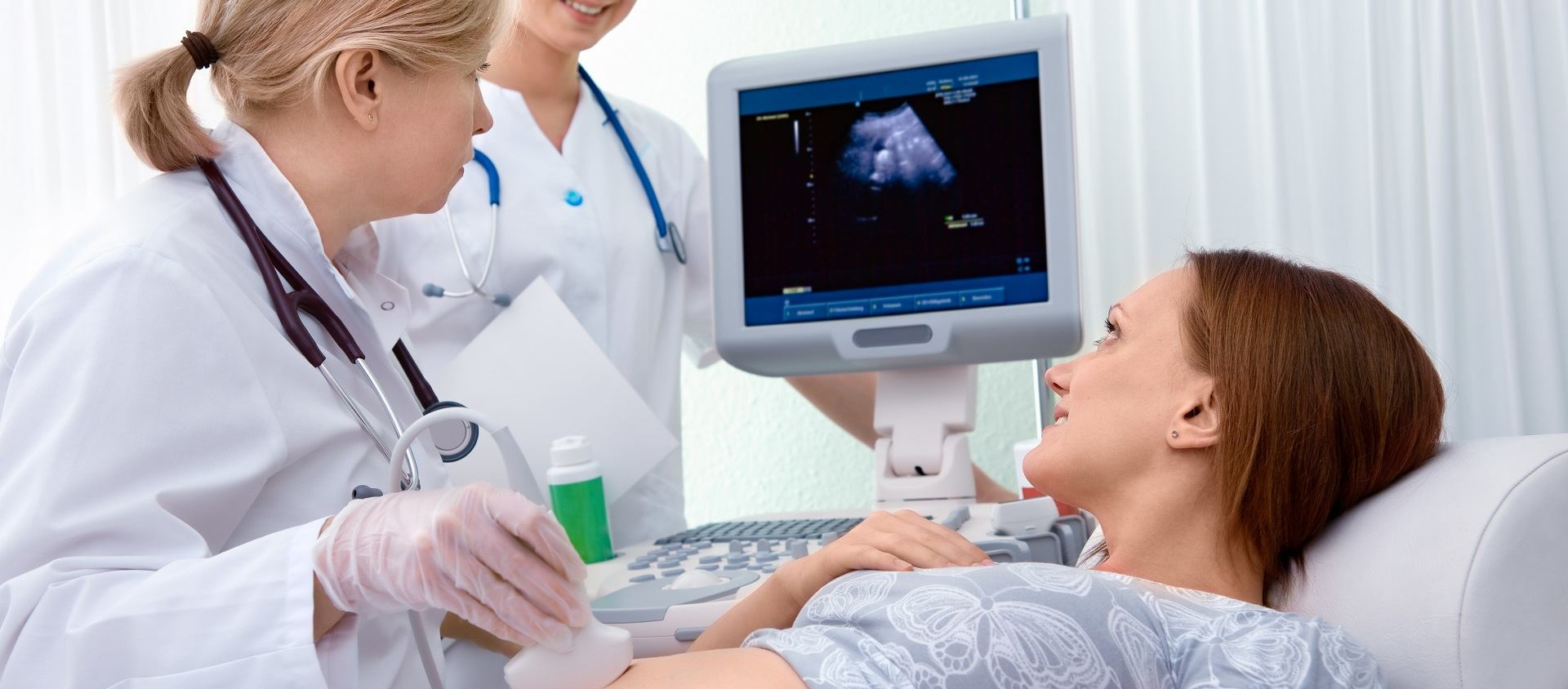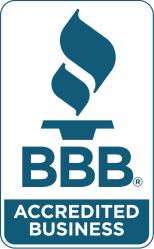Diagnostic Medical Sonography
Next Evening Class: 09/2018
Next Morning Class: 03/2018
Certificate Program / 119.5 Quarter Credit Hours
Day: 76 weeks / Evening: 76 weeks / 1950 Clock Hours
(including 940 hours of Clinical Externship)
The Diagnostic Medical Sonography program at Medical Career Institute is programmatically accredited by the Commission on Accreditation of Allied Health Education Programs (CAAHEP). Enrolling students need to refer to credentialing agency requirements in order to check credentialing exam eligibility. The program is designed to prepare the graduate to become skilled entry-level ultrasound technicians, and work effectively in the health care environment. It includes well balanced on-campus classroom hours, on-campus (work-simulated) imaging laboratory component, off-campus integrated patient care clinical experience and clinical externship. Clinical sites include hospitals, imaging centers and doctor’s offices.
Objectives of the program:
- Obtain, review and integrate pertinent patient data to facilitate optimum diagnostic results.
- Demonstrate critical thinking skills during the performance of sonographic procedures.
- Demonstrate appropriate positioning of patients for sonographic examinations.
- Demonstrate proper scanning procedures and accurately record all anatomic and physiologic information for interpretation by a physician.
- Demonstrate effective communication skills with patients and the healthcare team.
- Demonstrate appropriate patient care and promote overall well-being.
- Act in a professional manner within recognized ethical and legal standards.
- Develop self-evaluation and maintain professional development.
Profession Technical Skills:
- Student must be able to work with varying stress levels and work interruptions
- Student must have the ability to apply knowledge from classroom in clinical setting
- Student must be able to stand and walk for long periods of time
- Student must respond in a professional manner to unexpected situations
- Student must have sufficient communicating and listening skills
- Student must have strength and coordination for moving, lifting, and transferring patients from wheelchairs and stretchers to exam table
- Student must maintain confidentiality
- Student must be a team player
Additional Admission Requirements
Candidates enrolling into the Diagnostic Medical Sonography program that do not possess a college degree must have college credits obtained in the last five years that include higher mathematics course such as algebra or statistics and communication skills courses such as English, speech or composition. All candidates must pass an admissions assessment exam. All candidates will also be required to have cleared background check, negative drug screening results and completed health clearance and immunizations.
Laboratory and Clinical Requirements
Prior to entering (on-campus and/or off-campus) laboratory skills area, students are required to provide a complete Physical Examination including but not limited to current immunizations including Hepatitis B and 2 part PPD vaccinations, (necessary forms will be provided). Students are also required to wear white sneakers, nurse’s shoes or (closed toe) professional shoes / white socks or stockings. The above laboratory and clinical necessities are the responsibility of the student and may vary according to different site’s requirements. Medical Career Institute carries no responsibility for these requirements and/or charges.
Prior to assignment to a designated clinical externship site students will be required to have cleared Background Check, Negative Drugs Screenings Test, valid Healthcare Provider CPR & AED Certification and Student’s Comprehensive General Liability Insurance Policy which protects the student in the event of a liability lawsuit. Upon successful completion of clinical externship, student will be given competencies evaluation based on procedures performed as deemed relevant to the Diagnostic Ultrasound Sonography Program and offered by the site. Additionally, all students will be evaluated on their professionalism including appearance, punctuality, ability to assume responsibility and dependability, ability to communicate with staff and patients as well as following instructions and accepting constructive criticism.
Credentialing Exams
Upon satisfactory completion of the Diagnostic Medical Sonography Program graduates will be eligible to sit for the credentialing exam offered through the Association of Registered Diagnostic Medical Sonographers (ARDMS), www.ardms.org. This credential is a nationally recognized voluntary certification that could enhance employment opportunities or income potentials. However, registration or credentialing requirements for taking and passing examinations are not controlled by Medical Career Institute but by the agencies and are subjects to change by the agency without notice to Medical Career Institute. Therefore, Medical Career Institute cannot guarantee that graduates will be eligible to sit for credentialing examination, regardless of their eligibility status upon enrollment. Medical Career Institute carries no responsibility for these requirements and eligibilities and strongly recommends prospective students verify their eligibility with ARDMS, www.ardms.org.
Employment
Many Diagnostic Medical Sonographers are employed in hospitals, imaging centers, ambulatory centers, specialty medical offices, and doctor’s offices. Their broad educational background plus specialized focus, allows sonographers to function in a number of diverse areas in their field. Some sonographers are contract employees and travel to healthcare facilities in an area or work with mobile imaging providers and travel to provide service in areas that do not have access to such services. Number of sonographers with necessary experience will become instructors and preceptors. For expected salary please refer to web site: www.salary.com. Medical Career Institute does not guarantee job placement to graduates upon program completion or upon graduation, although, the school will provide job placement assistance
Working Conditions
Sonographers typically work in healthcare facilities that are clean. They usually work in controlled, darkened, air-conditioned and relatively quiet environments, but they also may perform procedures at patients’ bedsides, operating rooms and other healthcare settings. Sonographers may be on their feet for long periods of time and may have to lift, push or turn disabled patients as well as equipment. They may at times be exposed to communicable diseases, unpleasant odors, sights and biohazard materials. Most sonographers work a regular 40-hour week, although they may be “on call”, work nights, weekends and holidays on a rotating basis depending on their facility.
Program Outcomes
Medical Career Institute must maintain, and provide current and consistent information about student/graduate achievement that includes the results of Attritiuon, Job Placement and Credential Success Rates. Please click on the following link for outcomes: DMS Program Outcomes






